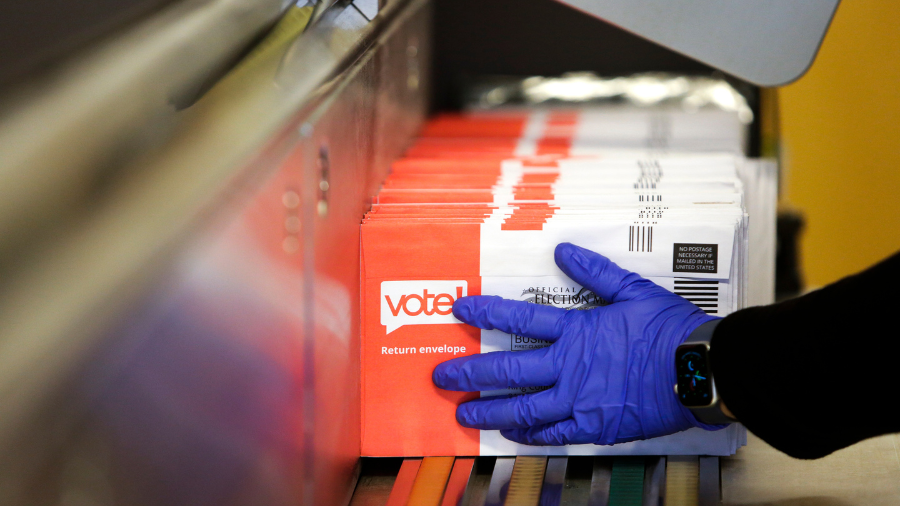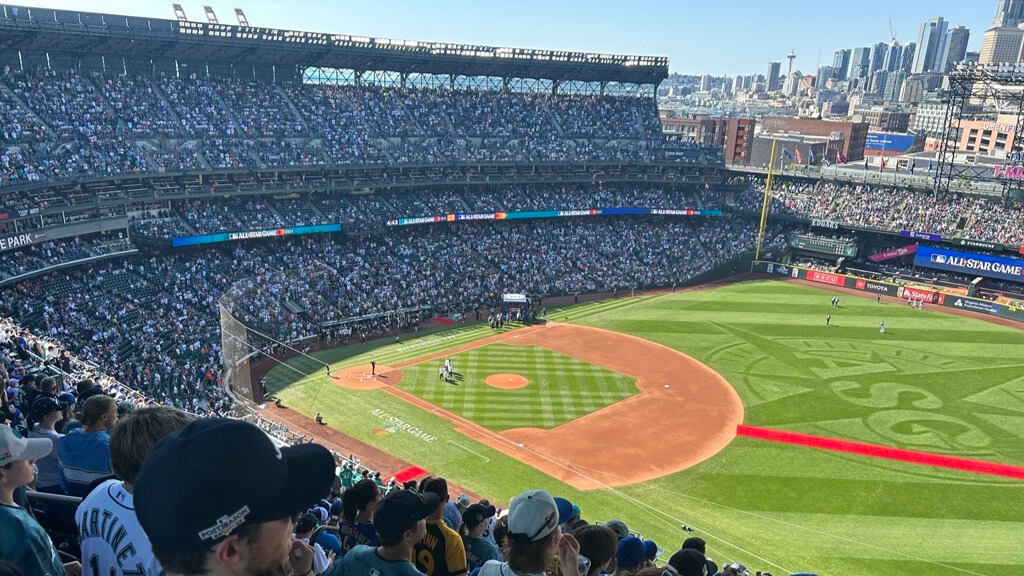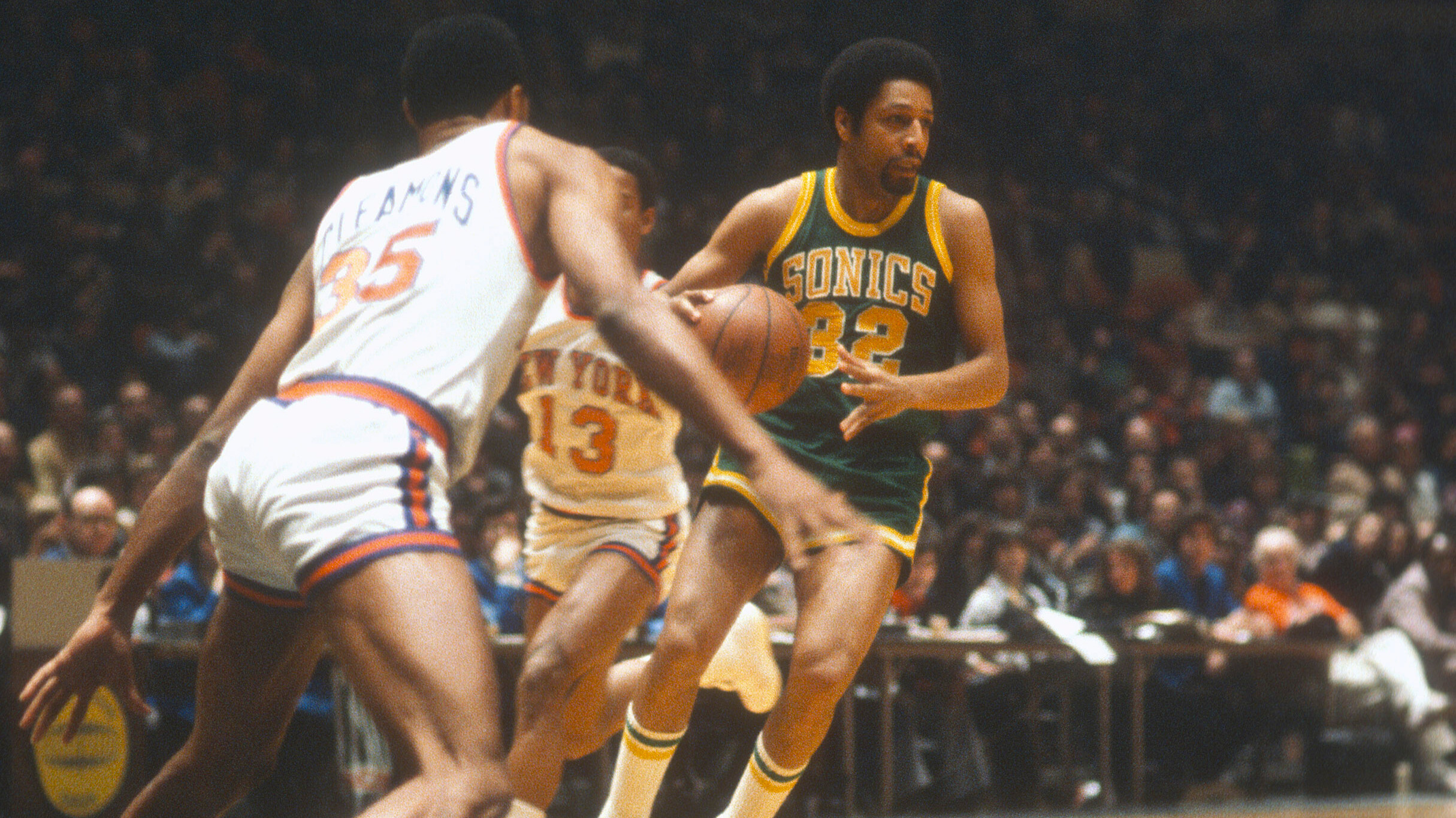With campaign spending at record heights, is Seattle’s Democracy Voucher program still working?
Oct 28, 2021, 12:12 PM | Updated: 1:31 pm

Seattle's Democracy Voucher program began in 2017. (Seattle Ethics and Election Commission)
(Seattle Ethics and Election Commission)
This election marks the first time that every major elected office in Seattle is using the city’s Democracy Voucher program, after debuting in 2017 in a limited fashion. Given that campaign spending has still soared to record levels in 2021, is the program working as intended?
Seattle mayoral race fundraising hits highest total in nearly two decades of data
The first-of-its-kind Democracy Voucher program was approved in 2015, funded through 2025 by a $3-million-a-year property tax, costing the average homeowner roughly $8 annually.
In practice, each eligible resident in Seattle gets $100 worth of vouchers, divided into four individual $25 segments. Voters can choose to assign any number of their four vouchers to eligible candidates by filling them out and mailing them back to the Seattle Ethics and Election Commission (SEEC). Each person’s four vouchers can be sent in together or in pieces throughout the year.
As the city describes it, the goal of the program lies in “increasing transparency, accountability, and accessibility for how Seattle elections are financed.” So, how is it that candidates in Seattle’s current mayoral race have still managed to raise the most money in any Seattle general election race in 19 years of available records?
Policy expert Thomas Latkowski — who authored a recently-released book about Seattle’s Democracy Voucher program — believes the biggest advantages afforded by vouchers isn’t actually related to sheer dollar amounts.
“Decreasing total campaign spending isn’t really the goal of the Democracy Vouchers program,” he told MyNorthwest. “The overall problem with money in politics isn’t the total dollar amount.”
Rather, it lies in who those campaign donors are. Latkowski points to one study which found that prior to Seattle’s voucher program taking effect, “one of the biggest predictors of whether or not someone was a donor was whether they had a view of Lake Washington or Puget Sound.”
Put more simply, in any given year, the people most likely to give money to a campaign were white and wealthy. With Democracy Vouchers in place, though, “we’ve seen donors more representative by race, by income, and by age.”
“That means that the folks that candidates are talking to to get their money to fund their campaigns are reflective of the city as a whole,” Latkowski noted.
“In the vast majority of cases, successful candidates who are able to run competitive campaigns have wealthy donors that they can rely on,” he continued. “But in Seattle, that’s no longer necessary — we’ve seen candidates run serious campaigns that are well-funded enough to get their message across without needing wealthy donors, because you can rely on regular people for your contributions.”
That’s also led to an increase in voter turnout among people who historically hadn’t been engaged with Seattle elections. According to an additional study that looked at data from Seattle’s 2017 election, people who had voted in fewer than half of the previous elections for which they were eligible became four times more likely to vote after turning in their vouchers.
“In many cases, that was the first time they had ever interacted with a candidate,” Latkowski described. “That was the first time a candidate or someone from a campaign had ever knocked on their door, and that got them thinking, ‘you know, I guess this is for me, I can be engaged in this.'”
Outside money rears its head
Seattle’s rules surrounding campaign fundraising aren’t perfect, either, although that’s not the fault of the voucher program per se.
“The underlying problem is that we aren’t able to restrict the independent expenditure spending,” Latkowski clarified.
The city’s ability to put guardrails around political action committees is severely limited, thanks in large part to the now-infamous 2010 Citizens United decision from the U.S. Supreme Court. Justices ruled 5-4 that the government could not restrict independent expenditures by corporations, labor unions, and political action committees, effectively opening the floodgates for unfettered quantities of outside money in elections at every level throughout the United States.
For Seattle, that means independent expenditure committees (IECs) have free rein to raise and spend unlimited sums of money in support of whomever they choose, provided they’re not coordinating directly with candidates themselves.
During the runup to the August primary, several mayoral candidates expressed concerns that IECs were “short-circuiting” Seattle’s Democracy Voucher program, although Latkowski notes that, if anything, vouchers have provided a necessary tool for candidates who might not have the support of outside money.
Seattle mayoral candidates released from spending limit as PAC funds continue flowing
The 2019 election cycle seemed to prove that firsthand, after Amazon poured $1.4 million into an IEC supporting business-friendly city council candidates. Ultimately, just two of the seven candidates supported by that money won their respective elections.
“A group like Amazon will always have more money and can outspend a grassroots candidate, but at least with Democracy Vouchers, we can make sure that grassroots candidates have enough to get their message out,” Latkowski said. “Even if they’re still outspent 10 to 1, they can get their message out and give the voters a shot to make up their mind, and I think that’s what we saw in 2019, where a lot of those [grassroots] candidates won, despite the fact that they were outspent.”
Big-spending IECs have been just as prevalent in 2021, with committees supporting both mayoral candidates having each raised over $1 million in contributions. Those funds have been spent on numerous ads across nearly every major local television network, on the front page of outlets like the Seattle Times, and on tens of thousands of fliers that have flooded the mailboxes of local voters.
In the future, Latkowski hopes to see cities like Seattle find ways “to at the very least, make life harder for independent expenditure groups.” Some proposals have already been implemented too, including a measure passed in 2019 that prohibited political donations from companies with at least 5% foreign ownership. At the time, critics lamented the bill as “an end run around Citizens United.”
Beyond that, city leaders may need to look at other legal pathways in the future.
“I think there’s room for lawyers and experts in this space to get creative and say, ‘OK, these are our restrictions, what can we do that hasn’t been disallowed by the Supreme Court?'” Latkowski said. “There’s room for some creativity here — we should at least try things, even if some of them do get struck down.”












